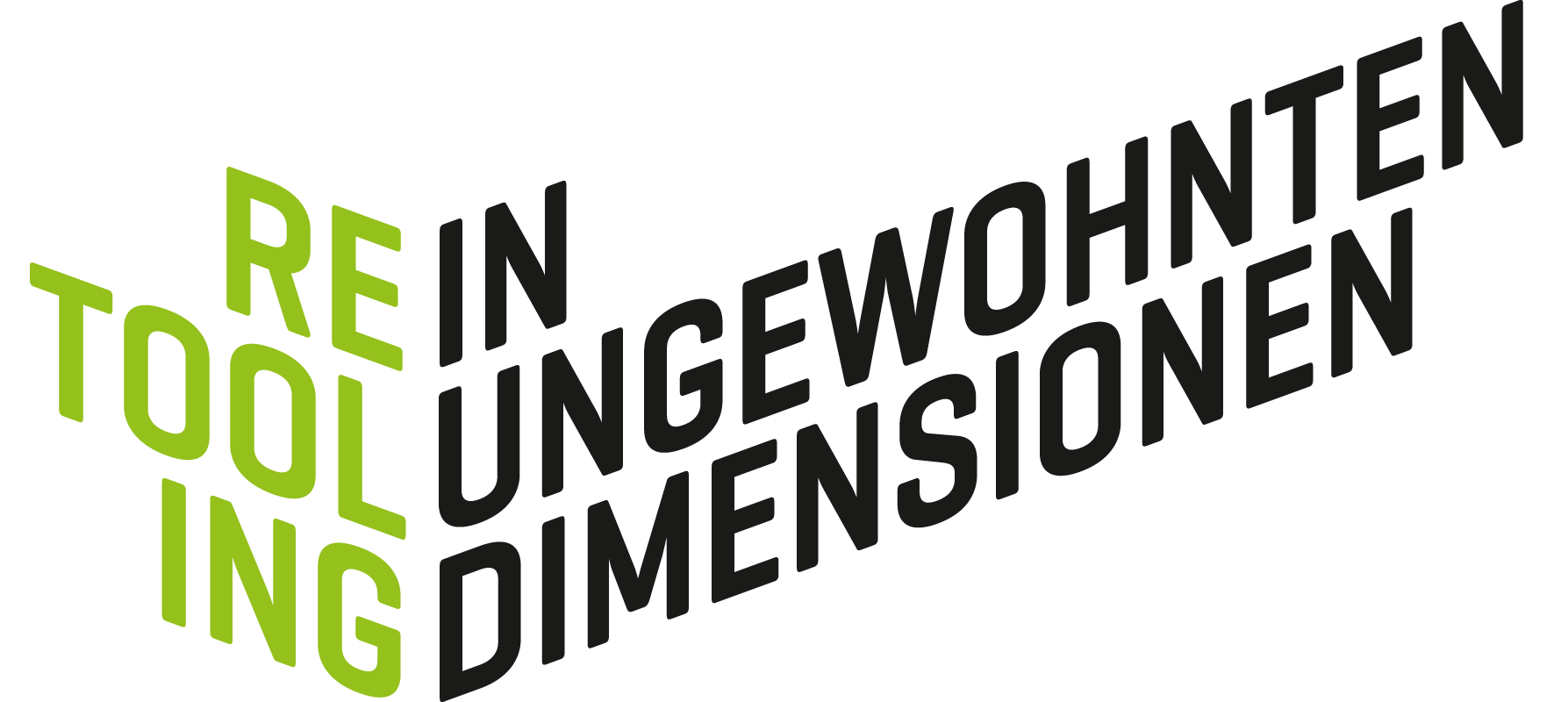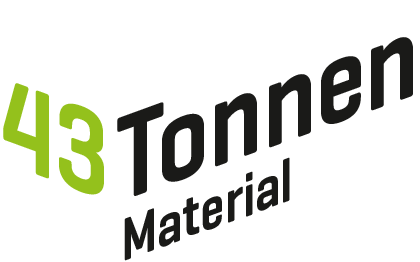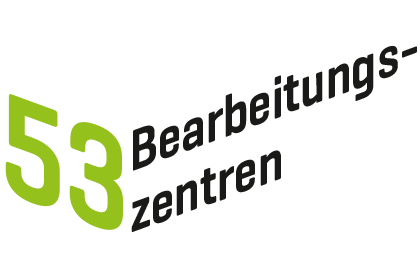Prior to start of production
As part of this major project, the HELLER project management began planning a secondary line comprising seven machining centres including loading equipment for the TwinAir engines. In parallel, the processes for the new GSE engines were designed and a manufacturing line comprising 32 machining centres was configured. At virtually the same time, HELLER Services began examining and modifying the machines. As part of the required retooling, the machines were overhauled and the tool changers and B axes replaced. Some were modified from B to AB axis or updated. Additionally, the X, Y and Z guideways were replaced and new fixtures implemented. In addition, three new HELLER MC 20 machining centres were installed at Bielsko-Biala.
Considering the masses of spare parts required, the project was already an enormous challenge as far as logistics and service were concerned. In total, 43 tonnes of material had to be supplied before completion of the project. In many cases, detailed know-how and commitment were required. Regarding the machines for the TwinAir engines, it had to be taken into account that due to the reduced number of machines different workpiece positions were required. Despite this, the cycle times achieved until then had to be maintained. Another aspect was the instant response required from HELLER since process conditions changed during the running-in of the GSE workpiece type. As a result, the fixtures had to be modified and the tools adapted to the new status. These short-term changes were important because the start of production in Bielsko-Biala had been stipulated in advance, determining the date by which the gamma parts for the first test engines had to be completed in the field.
What was particularly interesting with this project, aside from the know-how and the massive logistics effort required, was the schedule. At the beginning of 2017, FCA increased the production volume in order to stock up on the relevant components required as a buffer. As a first step, HELLER then began with the retooling of the seven machining centres for the TwinAir engines and further machines for the machining of the cylinder head and block. At times, 12 staff from HELLER Services had to be present on site, working on a total of 30 machining centres*. At the same time, several HELLER technologists were on location to run in the processes. Only four months later, the production was up and running six days/week in three shifts. In the second phase of the retooling project, the GSE manufacturing line is currently being duplicated in order to double the output volume.




